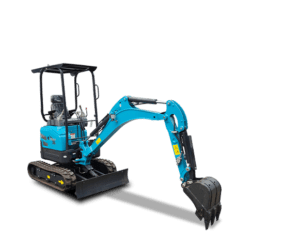Shandong Qilu Industrial Co., Ltd.
World-Leading Designer And Manufacturer Of Excavators, Loaders And Farm Tractors
qilu machinery product categories
Provide you with a reasonable solution
Shandong Qilu Industrial Co., Ltd. is a professional manufacturer and exporter integrating the development and production of mini excavators, loaders and tractors. We provide the best service, absolutely.
Pre-sale Service
After Sale Service
Quality Control
About Us
Play Qilu Video
ODM / OEM / WHOLESALE
Play Product Video
EXCAVATOR / TRACTOR / LOADER
Specialist In
Excavator / Tractor / Loader
We are professional manufacturer and exporter integrating the development and production of excavators, loaders and tractors.
Operation Video Display
On YouTube ,we have videos of customer feedback, videos of various models of excavators, tractors, loaders. All shown on YouTube.
See what our customers say
Featured Information
How to Choose the Right Greenhouse Tractor
Selecting the appropriate greenhouse tractor is a critical decision for any horticultural operation.
80 HP Tractor: Best Models for Farming and Construction
When it comes to tackling the demands of both farming and construction, a reliable and powerful 80 HP tractor is an essential asset.
Best 1.7T Mini Excavator Models in 2025
A high-quality 1.7T mini excavator features an advanced hydraulic system, providing smooth and precise operation.
Contact Us Today!
Any question, quote or inquiry? Click the button to send message.
Qilu Industrial will always here to help.












